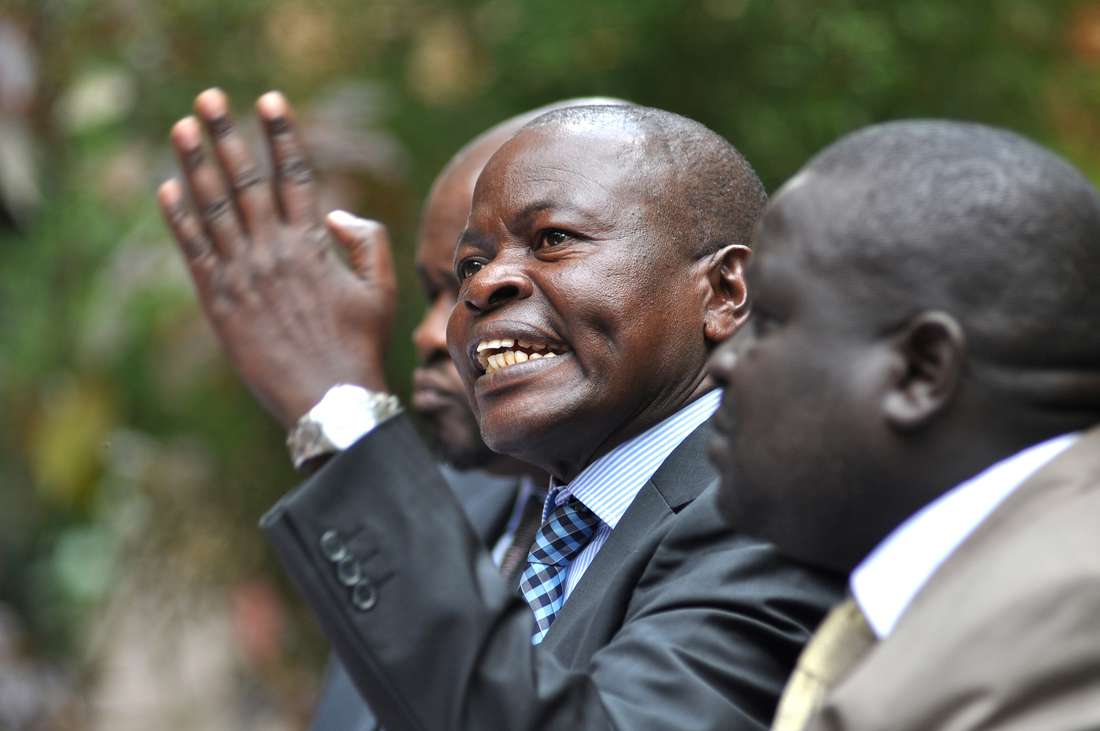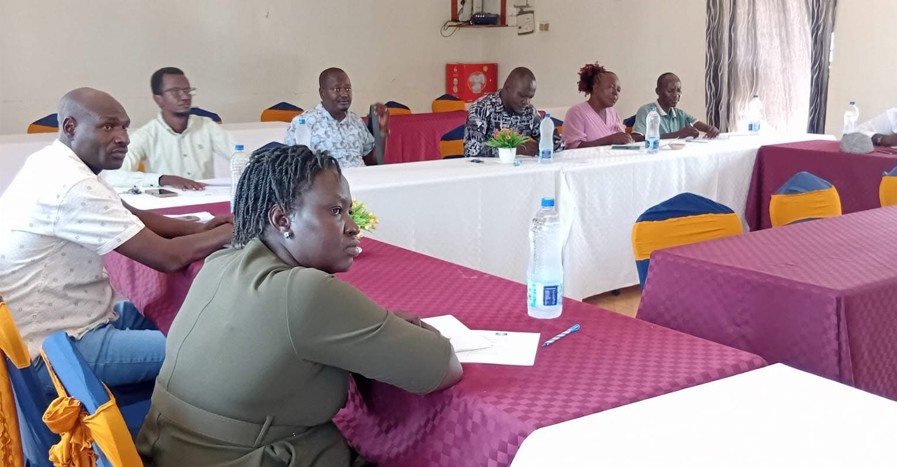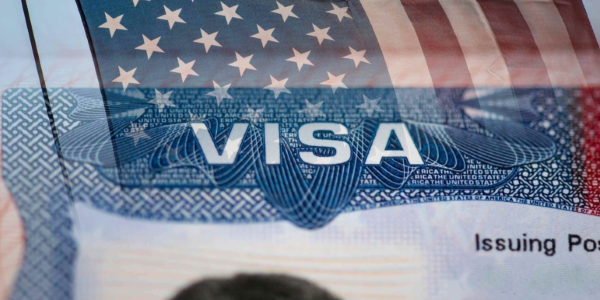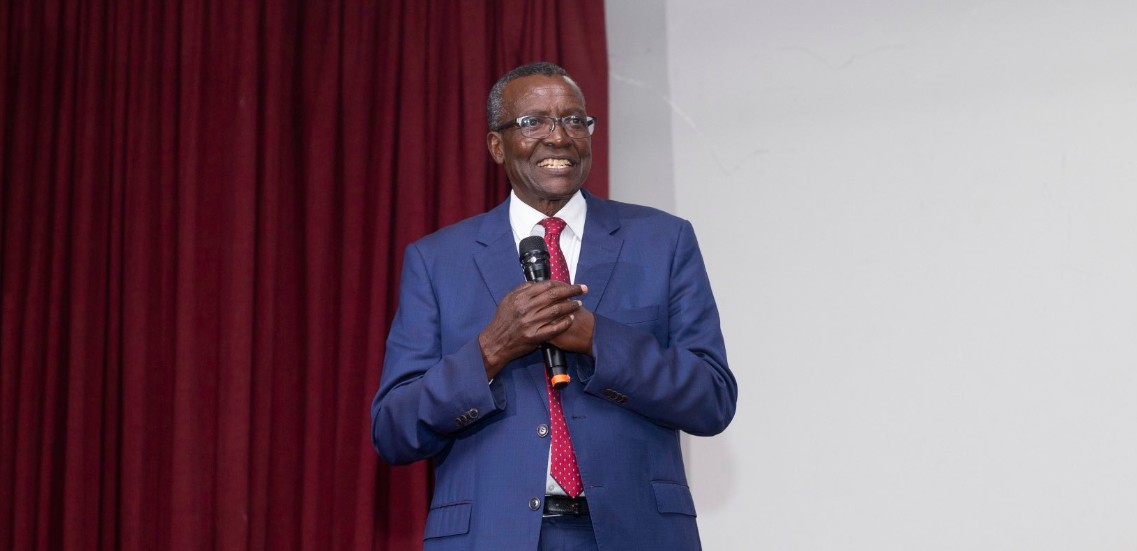Case challenging IMEI declaration for passengers to be heard in December

Last Friday, the High Court issued conservatory orders barring the government from enforcing the policy pending the outcome of the petition.
A case challenging the government’s decision to require passengers entering Kenya to declare the International Mobile Equipment Identity (IMEI) numbers of their devices will be heard on December 18, 2024.
Justice Chacha Mwita directed that all respondents in the case file and serve their responses before the hearing date.
More To Read
- Katiba Institute, KHRC sue to block Ruto’s KNCHR nominee over gender rule breach
- KeNHA revises Isiolo-Mandera road project, adds new features to enhance cross-border links
- Car importers urge KRA to drop new certificate of origin rule
- MPs push to review controversial tax exemption granted to Kenyatta and Moi estates
- Public information requests in counties routinely ignored, new report by Katiba Institute shows
- High Court blocks government from collecting mobile IMEI data
Ideate Tech Policy Africa Limited has also been enjoined in the case as amicus curiae. Represented by lawyer Ochieng Oginga, the company clarified that it does not seek to delay the hearing but intends to contribute to the ongoing tech policy debate.
The petition, filed by Katiba Institute, comes after the Kenya Revenue Authority (KRA) announced the policy, which was aimed at tackling the rise of unregistered mobile devices evading tax and safety regulations.
Set to take effect on January 1, 2025, the policy mandates passengers to declare the IMEI numbers of their devices upon entering the country.
Last Friday, the High Court issued conservatory orders barring the government from enforcing the policy pending the outcome of the petition.
Katiba Institute argues that the mandatory disclosure of IMEI numbers would violate individuals' fundamental rights and freedoms, potentially enabling unwarranted state surveillance.
IMEI numbers, which are uniquely assigned to each device, allow mobile service providers to track a phone’s location within a 100-meter radius and access information about an individual’s communication history.
Katiba Institute argues that, without proper safeguards, the government risks overstepping its authority by establishing a mass surveillance system.
The petition further claims that the government has not provided sufficient information on key safeguards, such as who will control the IMEI database, who will have access to it, and what security measures will be implemented to protect the data.
The petitioner warns that the absence of adequate protections could lead to the misuse of the database to target political opponents, suppress dissent, or intimidate activists, potentially undermining free speech and political engagement.
“The respondents' threat to deactivate non-compliant mobile devices will exacerbate the digital divide, limiting access to economic, educational, and social opportunities, as digital tools are crucial for participation in modern society,” reads the petition.
Top Stories Today













































